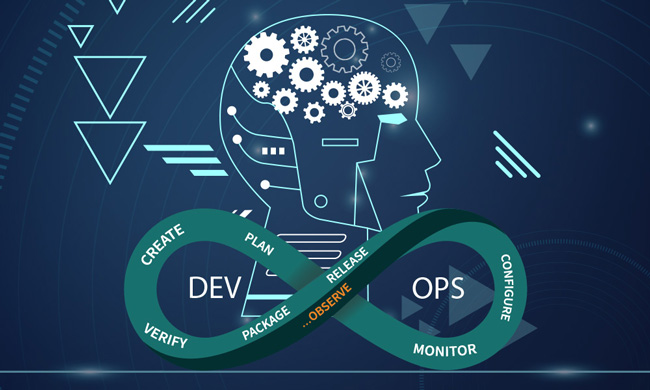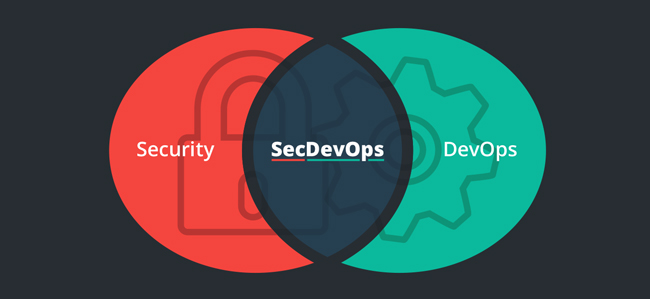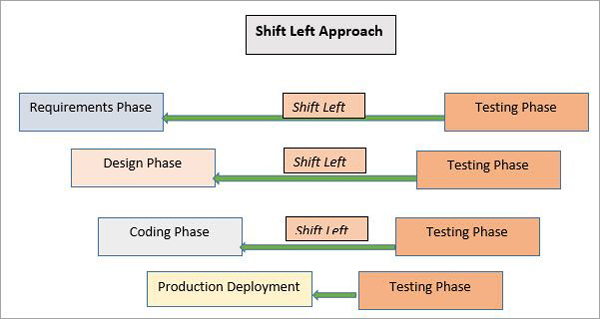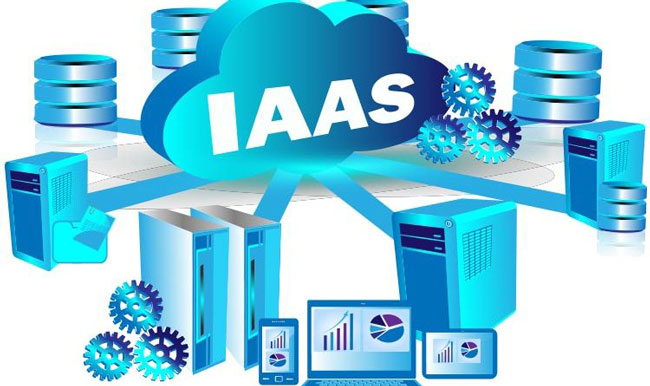Top 10 predictions about DevOps in 2019
DevOps , short for Development & Operations, is the term in software development, used to describe how software developers and information technology engineers work together. DevOps's goal is to coordinate these two branches throughout the software lifecycle, creating an environment for software development, testing, release and operation.
As a comprehensive solution for the IT industry, DevOps brings new collaboration between different groups to create connections from end to end in the process chain.
DevOps's style of operation has made two completely different groups - Development and Operation - act as a single unit for faster and more productive output than before.
2018 has been a special journey for the IT industry, mainly due to the growing deployment of DevOps and the propensity for businesses to adopt DevOps.
Now, it's time for us to look forward and expect a more vibrant 2019 with DevOps. Experts believe that DevOps will be the mainstream and its popularity will reach its peak in 2019.
Here are the top 10 predictions for DevOps's success in 2019 that Quantrimang has compiled. Invites you to read the track.

1. The growth of Artificial Intelligence and Data Science
The number of AI-based applications is growing and it fits perfectly into DevOps culture, helping data science groups use DevOps in their workflows. DevOps is expected to be the most sought-after option because it can handle huge amounts of information as well as perform more important tasks such as automating processes, managing and testing multiple tissues. The image is deployed throughout the entire product life cycle.

This will further increase as data and development teams move closer to increase efficiency in developing, deploying and maintaining AI & ML-based applications to meet day-to-day business needs. increasing.
2. Promote Infrastructure-as-a-Service model (IaaS)
The growing transformation of the on-site infrastructure model to Infrastructure-as-a-Service (IaaS) models among companies is also a factor that motivates DevOps trends. 2019. For companies that choose IaaS and cloud-based services as a means to save costs, the integration of services will play a larger role because most of the important infrastructure tasks will processed via software.
This is where DevOps takes integrated processing steps between services, providing greater flexibility. The combination of configuration management and 'container' technology will play a key role in automating infrastructure management, reflecting the changing role of administrators from management to strategic deployment. .
3. Focus on Functions-as-a-Service (FaaS)
Efforts to handle containers lead to reduced demand in today's DevOps environment and DevOps experts have found the Functions-as-a-Service model (FaaS) as a means to do so. The focus on FaaS will increase in 2019 as many technology experts feel comfortable using containers in the production phase. And DevOps experts will have an important role in determining use cases involving FaaS and computers without servers in their environment.
4. Demand of Continuous Delivery technology - Continuous transfer
Increasing adoption of multi-cloud architecture will create a continuous transfer approach and use of container-related technologies (such as Docker and Kubernetes) in large enterprises. Continuous delivery will see businesses' demand for Continuous Integration (CI) and Continuous Delivery (CD) demand, including a base approach New infrastructure for service management and software deployment. In addition, increased application of process mining technologies will lead to improved CI / CD workflows on DevOps groups.
5. Integrating security in the stages of software development
Increasing security security breaches have left a message that threats can occur at any stage in the software's life cycle. Security is no longer an additional utility but has become an extremely important field. Experts recommend that security be integrated throughout the software development process to prevent all possible threats. This means cooperation between two development and security groups is needed.

Allowing security integration in DevOps called DevSecOps, enhancing security at an early stage of application development, DevOps allows development teams to create security code at a faster rate. Integration at the initial stages is extremely beneficial for the following stages such as testing, supporting developer workflows throughout the cycle. This will save time and will be more efficient, unlike the security check at the end.
6. Database Development
One of the DevOps 2018 surveys has shown that database development may be a factor promoting performance for DevOps. The survey found that integrating database development to distribute software increases cycle performance.
On the other hand, audit testing and automation support that DevOps provides is also proven to be useful in protecting personally identifiable information during database development.
7. Container coordination tool (Container Orchestration)
The orchestration is a feature that plays an important role in a container-using system, which automates the creation, coordination & management of containers in a system as well as establishing how containers interact with each other. Container coordination tools such as Docket, Hibernates . will likely replace configuration management tools such as Chef, Ansible . in 2019. Container coordination is being viewed as an effective means. to handle complex issues associated with infrastructure.
This will be the next step for DevOps engineers because many traditional DevOps functions can be replaced by container coordination software!
8. Big Data
The next big trend is expected to be Big Data and DevOps collaboration. DevOps achieves expertise in automating process and configuration trends.
9. Digital Development
Digital racing is one of the top priorities of IT CEOs. Surveys show that Digital Investment companies increased six-fold from 2.1% in 2012 to 13.4% in 2018.
10. Method of Shift-left
The testing phase at the end of the software development life cycle is an outdated trend. DevOps has changed the way by integrating key principles at an early stage. In the past, testing activities carried out at the last stage will move to the left to go along the software process chain. This Shift-left method will test at every stage and continuously test throughout the software development process. This will minimize problems at later stages to minimize the possibility of failure and maximize the scope of early recovery in the event of an error.

In short, the main trends in DevOps continue to be:
- DevOps is a new software development lifecycle management method.
- Developing many DevOps / automation tools will bring high growth.
- DevOps engineers continue to be the highest paid IT professionals in the current market
- Ops experts tend to deploy their DevOps knowledge in automation and testing.
- Demand for automation and testing is increasing
2019 is DevOps year? Let's wait and see!
See more:
- [Infographic] What is DevOps? DevOps's impact
- Top 10 best DevOps tools
- [Infographic] The trend of mobile application development will dominate 2019
